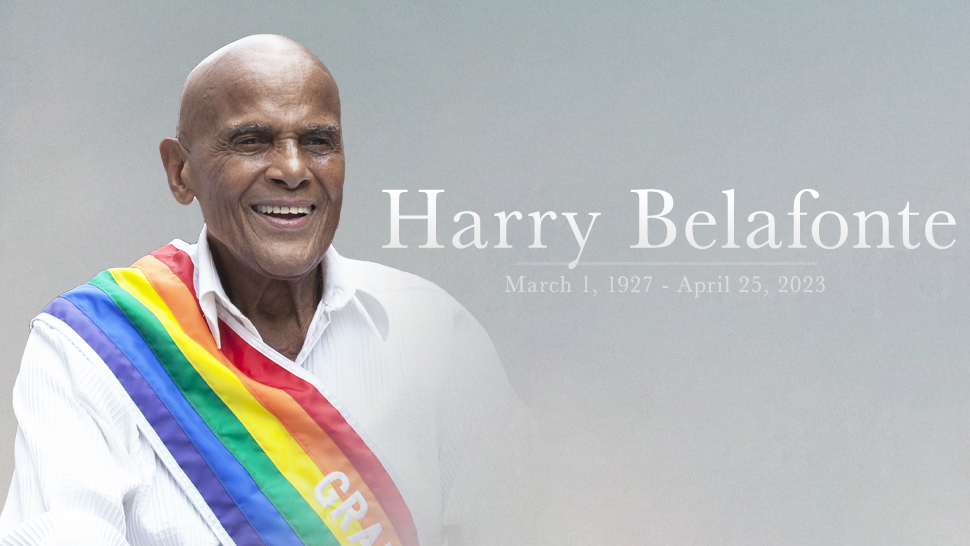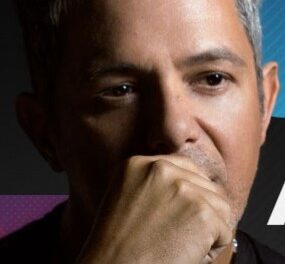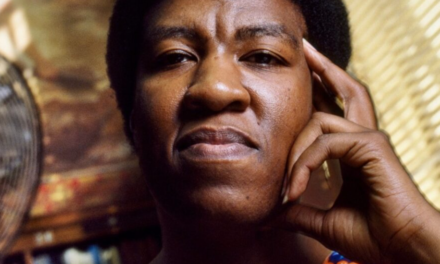
By Danny R. Johnson – Entertainment News Editor
NEW YORK, NEW YORK–Harry Belafonte, the singer, actor, and activist whose wide-ranging success blazed a trail for other Black artists in the 1950s, died on Tuesday at age 96.
A child of Harlem, Mr. Belafonte used his platform at the height of the entertainment world to speak out frequently about his music, how Black life was depicted onscreen, and, most importantly, the civil rights movement. Here are some of the insights Mr. Belafonte provided to various news outlets during his many decades in the public spotlight, as they appeared at the time:
His music
Mr. Belafonte’s string of hits, including “Day-O (The Banana Boat Song)” and “Jamaica Farewell,” helped create an American obsession with Caribbean music that led his record company to promote him as the “King of Calypso.”
But Mr. Belafonte never embraced that monarchical title, rejecting “purism” as a “cover-up for mediocrity” and explaining that he saw his work as a mash-up of musical styles. He told The New York Times Magazine in 1959 that folk music had “hidden within it a great dramatic sense and a powerful lyrical sense.” He also plainly conceded: “I don’t have a great voice.” In 1993, he told The New York Times that he used his songs “to describe the human condition and to give people some insights into what may be going on globally, from what I’ve experienced.”
For instance, he said “Day-O” was a way of life.
“It’s a song about my father, my mother, my uncles, the men and women who toil in the banana fields, the cane fields of Jamaica,” he said. “It’s a classic work song.”
His views on film and television
Mr. Belafonte’s success in music helped him become a leading Hollywood man. In the 1950s and 1960s, Mr. Belafonte and his friend Sidney Poitier landed more substantive and nuanced roles than Black actors had previously received.
Nonetheless, Mr. Belafonte was mainly left unsatisfied. Writing for The New York Times in 1968, he complained that “the real beauty, the soul, the integrity of the black community is rarely reflected” on television.
“White-supremacy concepts and racist attitudes dominate the medium,” he wrote. “TV excludes the reality of Negro life, with all its grievances, passions, and aspirations, because to depict that life would be to indict (or perhaps enrich?) much of what is now white America and its institutions. And neither networks nor sponsors want that.”
Mr. Belafonte emphasized that his 10-year-old son saw few Black heroes on television.
“The nobility in his heritage and the values that could complement his positive growth and sense of manhood have denied him,” he wrote. “Instead, there is everything to tear him down and give him an inferiority complex. He will see the Negro only as a rioter and a social problem, never as a whole human being.” Roughly 25 years later, Mr. Belafonte was circumspect, suggesting in an interview with The New York Times that little had changed.
“Even today, on the big screen, the pictures that are always successful are pictures where blacks appear in the way white America buys it,” he said in 1993. “And we’re told that what we want to express is not profitable and commercially viable.”
His politics and activism
Even as Mr. Belafonte was in the prime of his entertainment career, he was intently focused on activism and civil rights. “Back in 1959,” Mr. Belafonte told The New York Times in 1981, “I fully believed in the civil rights movement. I had a personal commitment to it and had my breakthroughs — I produced the first black TV special; I was the first black to perform at the Waldorf Astoria. If we could turn the nation around, things would fall into place.”
But Mr. Belafonte lamented that the movement had ended by the middle of the 1970s.
“When the doors of Hollywood shut on minorities and blacks at the end of the ’70s,” he said, “many black artists had been enjoying the exploitation for ten years. But one day, they found the shop had closed.”
Mr. Belafonte remained outspoken about politics in his later years. In 2002 he accused Secretary of State Colin L. Powell of abandoning his principles to “come into the house of the master”; he called President George W. Bush a “terrorist” in 2006 and lamented in 2012 that modern celebrities had “turned their back on social responsibility.”
“There’s no evidence that artists are of the same passion and commitment as the artists of my time,” he told The New York Times in 2016. “The absence of black artists is felt strongly because the most visible oppression is in the black community.” In 2016 and again in 2020, he visited the opinion pages of The New York Times to urge voters to reject Donald J. Trump. “The vote is perhaps the most important weapon in our arsenal,” Mr. Belafonte told The New York Times in a 2016 article. “The same things needed now are the same things needed before,” he added. “Movements don’t die because struggle doesn’t die.”










